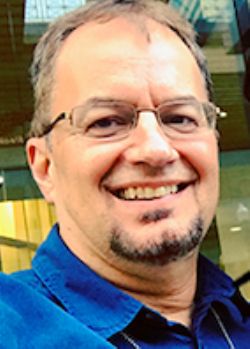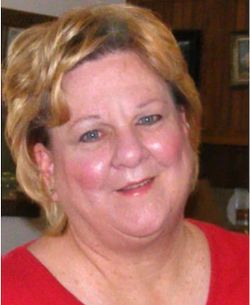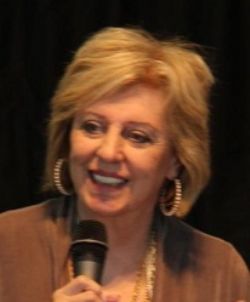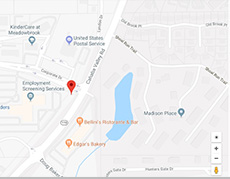Canada Says 'We'Re Sorry' To Former Indian Residential School Students
Prime Minister Stephen Harper offers a full apology on behalf of all Canadians
By Jim Uttley
Special to ASSIST News Service
 |
| Prime Minister Stephen Harper delivers apology before House of Commons. |
OTTAWA, ONTARIO (ANS) -- Onbehalf of the Government of Canada and all Canadians, Prime Minister StephenHarper offered an historic formal apology on June 11, 2008, to former studentsof Indian Residential Schools and sought forgiveness for the students'suffering and for the damaging impact the schools had on Aboriginal culture,heritage and language.
"The treatment of children in Indian Residential Schools is a sad chapter in our history," Prime Minister Harper said. "Today, we recognize this policy of assimilation was wrong, has caused great harm, and has no place in our country. The Government of Canada sincerely apologizes and asks the forgiveness of the Aboriginal peoples of this country for failing them so profoundly."
For more than a century, Indian Residential Schools separated over 150,000 Aboriginal children from their families. One hundred and thirty-two schools were located in ever province and territory, except Newfoundland, New Brunswick and Prince Edward Island. Most schools were operated by the Anglican, Catholic, Presbyterian and United Churches. In the 1870s, the Canadian government began to play a role in the development and administration of these schools.
The Government of Canada built an educational system in which very young children were often forcibly removed from their homes, often taken far from their communities. Many were inadequately fed, clothes and housed. All were deprived of the care and nurturing of their parents, grandparents and communities. First Nations, Inuit and Metis languages and cultural practices were prohibited in these schools.
Tragically, some of these children died while attending residential schools and others never returned home.< /p>
 |
| Assembly of First Nations Grand Chief Phil Fontaine meets with Prime Minister. |
"For our parents, our grandparents, great grandparents, indeed for all of the generations which have preceded us, this day testifies to nothing less than the achievement of the impossible," Phil Fontaine, Grand Chief of the Assembly of First Nations stated in response to the apology.
 |
| Grand Chief Fontaine delivers response to apology |
Following the Grand Chief's response, the leaders of Canada's opposition parties made statements on behalf of their parties.
One of the many gathering places where the speech was heard was at the opening session of the 16th Annual Rising Above National Conference in Regina, Saskatchewan. Gathered in the auditorium were some 200 Aboriginal and non-Aboriginal people who had come to attend this four-day conference on abuse and Residential Schools who watched the proceedings on a giant screen.
At the conclusion of the Prime Minister's speech, many were weeping, others hugging one another. There was a sense of relief and yet a feeling of incredible pain as this apology has opened up a deep well of ugly memories that have been hidden for many years.
| Jim Uttley, Communications Coordinator for Wiconi International, is also the editor of INDIAN LIFE (www.indianlife.org) and serves as Native American News correspondent for ASSIST NEWS SERVICE. You can E-mail him at: jmuttley2000@yahoo.com. You can write to him at Wiconi International, P.O. Box 5246, Vancouver, WA 98668 or Indian Life, P.O. Box 32, Pembina, ND 58271. Jim lives with his wife Jan in Winnipeg, Manitoba, Canada. They have three grown children and two grandsons. |  |




